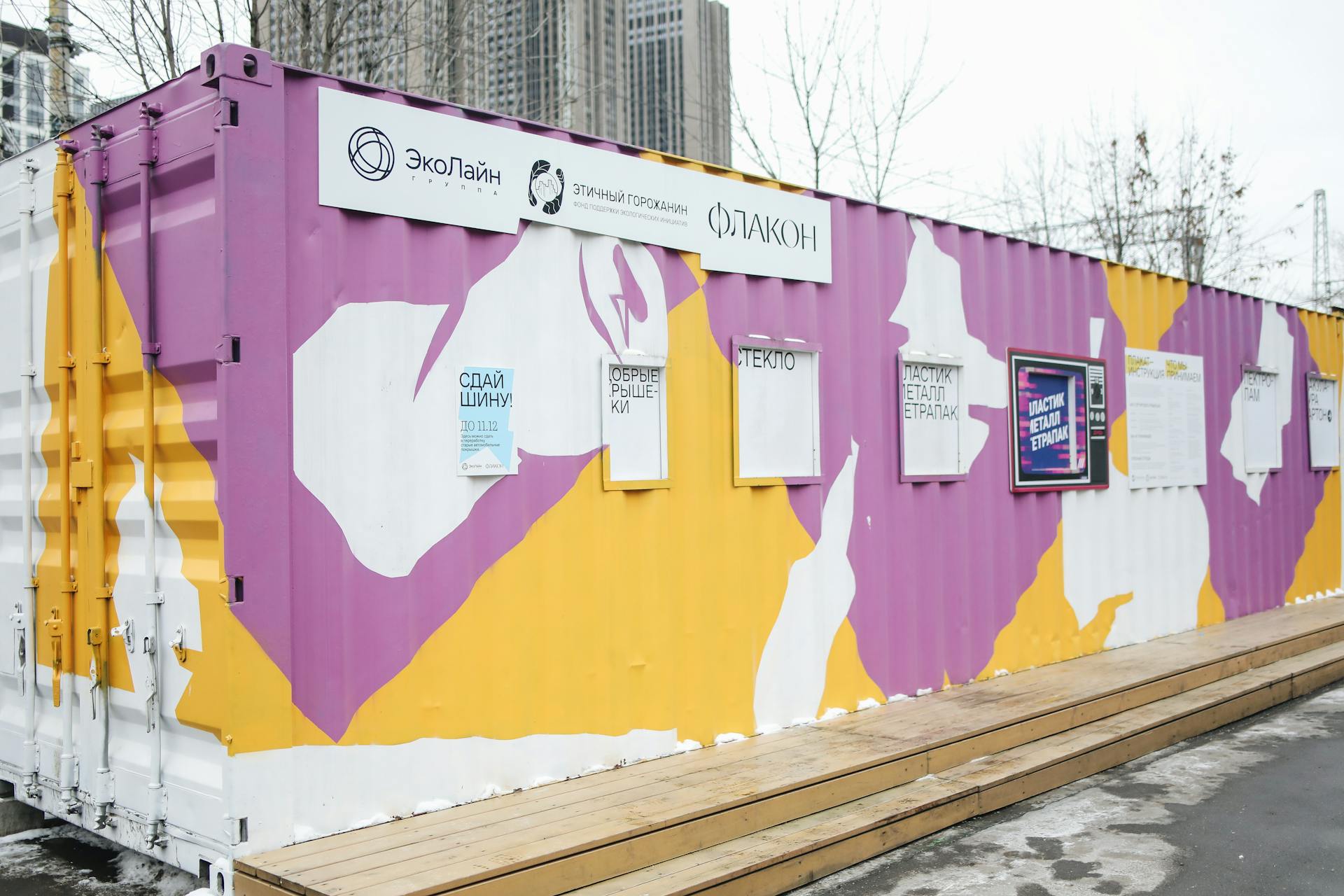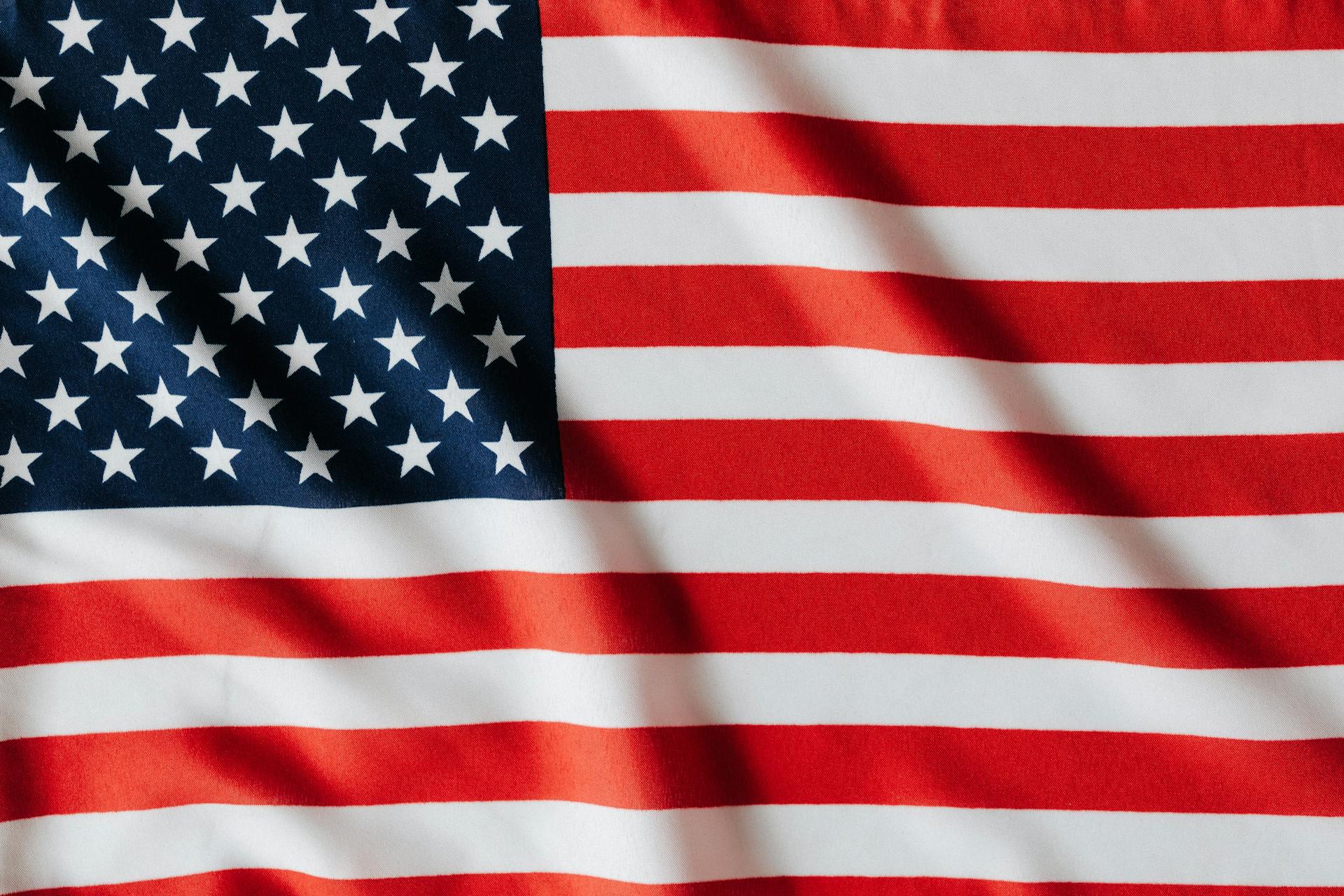
In 2022, Washington State became the fourth state to ban the sale and use of expanded polystyrene foam, commonly known as Styrofoam.
The ban applies to all expanded polystyrene foam products, including cups, containers, and packaging materials.
Restaurants and businesses are required to switch to alternative, environmentally friendly options by January 2023.
This shift will help reduce the amount of waste and pollution generated by Styrofoam in Washington State's landfills and oceans.
Washington State Ban Details
Effective June 1, 2024, the sale and distribution of several types of expanded polystyrene (EPS) products, commonly known as Styrofoam, are banned in Washington State.
The ban applies to any person, firm, association, partnership, corporation, government entity, organization, or joint venture that sells or distributes the EPS products covered by this ban.
The banned products include portable coolers and food service products like containers, plates, bowls, clam shells, trays, and cups.
Specifically, the banned products are:
- Portable coolers
- Food service products like containers, plates, bowls, clam shells, trays, and cups
However, there are some exceptions to the ban. Packaging for raw, uncooked or butchered meat, fish, poultry or seafood is exempt, as well as cartons for vegetables, fruits or egg cartons.
Businesses can't use up existing inventory after the ban's date, and repeated and continuous non-compliance from businesses or manufacturers could result in up to a $250 fine.
The Washington Department of Ecology will respond to non-compliant businesses, institutions, manufacturers, and distributors with education, resources, and technical assistance.
Implementation and Timeline

The styrofoam ban in Washington state is set to take effect on June 1st. This means that businesses will no longer be able to sell or distribute styrofoam containers, including cups, plates, trays, and other food and drink containers made from expanded polystyrene (EPS).
The ban was first passed in 2021, and it was initially intended to ban the sale and distribution of single-use foam containers used for coffee and takeout. However, the law has since been expanded to include a wider range of products, including portable coolers and food service products.
Businesses will need to make the switch to alternative materials by June 1st, or they may face fines. The initial fine for a first offense is $250, and repeat offenders can face fines of up to $1,000.
Some exceptions to the ban include packaging for raw, uncooked or butchered meat, fish, poultry or seafood, as well as cartons for vegetables, fruits or egg cartons. Businesses can also continue to use styrofoam for shipping products and construction materials.
Here is a list of banned EPS products, effective June 1, 2024:
- Portable coolers
- Food service products like containers, plates, bowls, clam shells, trays, and cups
Businesses can find guidance on alternatives to styrofoam through the Washington State Department of Ecology's guide for businesses and manufacturers. The Department of Ecology will also be providing education and resources to help businesses comply with the new law.
Ban Overview
The styrofoam ban in Washington state is a significant step towards reducing waste and protecting the environment. The ban went into effect on June 1, 2024, and prohibits the sale and distribution of certain expanded polystyrene (EPS) products.
The banned products include portable coolers, food service products like containers, plates, bowls, clam shells, trays, and cups. These products are commonly known as Styrofoam, although the trademarked brand is actually a type of plastic foam material.
The ban applies to any person, firm, association, partnership, corporation, government entity, organization, or joint venture that sells or distributes the banned EPS products. This includes businesses, restaurants, and even government entities.
The Department of Ecology will approach violators through an educational campaign initially, but repeated and continuous non-compliance could result in a fine of up to $250 for the first offense, and up to $1,000 for repeat offenders.
The ban does not encompass packaging for raw, uncooked or butchered meat, fish, poultry or seafood. Cartons for vegetables, fruits or egg cartons are also exempt.
Here are the banned EPS products:
- Portable coolers
- Food service products like containers, plates, bowls, clam shells, trays, and cups
It's worth noting that recycling expanded polystyrene can be done, but it is expensive and many local recycling programs don't accept the foam. The ban aims to reduce the environmental impact of EPS materials, which can take centuries to break down and decompose, and harm wildlife and end up in the food chain.
Frequently Asked Questions
How do you dispose of Styrofoam in Washington state?
In Washington state, dispose of Styrofoam (EPS) by bagging it and placing it in the garbage, with drop-off recycling options available in Kent and Tacoma.
Will foam coolers takeout containers be banned in Washington starting June 1?
Yes, foam coolers and takeout containers made of polystyrene will be banned in Washington starting June 1. This ban targets product producers, not consumers, to promote environmental protection.
Sources
- https://www.thurstoncountywa.gov/departments/public-works/solid-waste/garbage-recycling/business-resources/styrofoamexpanded-polystyrene-eps-ban
- https://www.fox13seattle.com/news/styrofoam-ban-june-1
- https://komonews.com/news/local/washington-styrofoam-ban-takeout-containers-begins-june-1-expanded-polystyrene-foam-cups-plates-food-drink-cooler
- https://seattlemedium.com/styrofoam-containers-now-illegal-in-washington-state/
- https://www.fox13seattle.com/news/ban-on-foam-takeout-containers-takes-effect-washington-state
Featured Images: pexels.com


